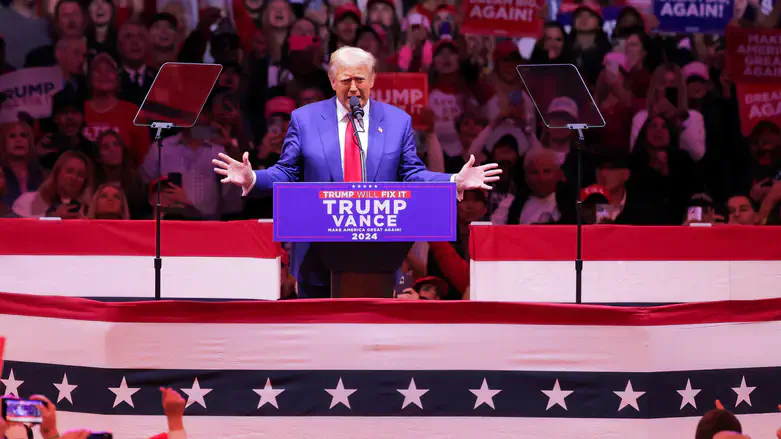
Judge Juan Merchan ruled on Monday that US President-elect Donald Trump’s hush money conviction should not be dismissed in light of the Supreme Court’s presidential immunity decision, CNN reported.
In his ruling, Merchan stated that the evidence presented by the Manhattan district attorney’s office was unrelated to Trump’s official actions as president.
Merchan did not address a separate motion from Trump’s attorneys seeking to dismiss the conviction because Trump has since been elected president. Instead, his 41-page decision centered specifically on the issue of presidential immunity.
The judge wrote that the evidence challenged by Trump’s lawyers pertained “entirely to unofficial conduct” and therefore does not qualify for immunity protections.
“This Court concludes that if error occurred regarding the introduction of the challenged evidence, such error was harmless in light of the overwhelming evidence of guilt,” Merchan stated, as quoted by CNN. “Even if this Court did find that the disputed evidence constitutes official acts under the auspices of the Trump decision, which it does not, Defendant’s motion is still denied as introduction of the disputed evidence constitutes harmless error and no mode of proceedings error has taken place.”
In his ruling, Merchan detailed several pieces of testimony that Trump’s legal team argued should have been excluded due to the immunity ruling.
He reasoned that it was “logical and reasonable to conclude that if the act of falsifying records to cover up the payments so that the public would not be made aware is decidedly an unofficial act, so too should the communications to further that same cover-up be unofficial.”
Trump was prosecuted for falsifying business records in connection to a hush money payment made to adult film star Stormy Daniels during the final days of the 2016 presidential campaign.
In May, a jury found Trump guilty on all 34 counts. However, Merchan later indefinitely postponed sentencing in the case, in the wake of Trump’s election victory and a US Supreme Court’s ruling that former presidents have broad immunity from prosecution.
